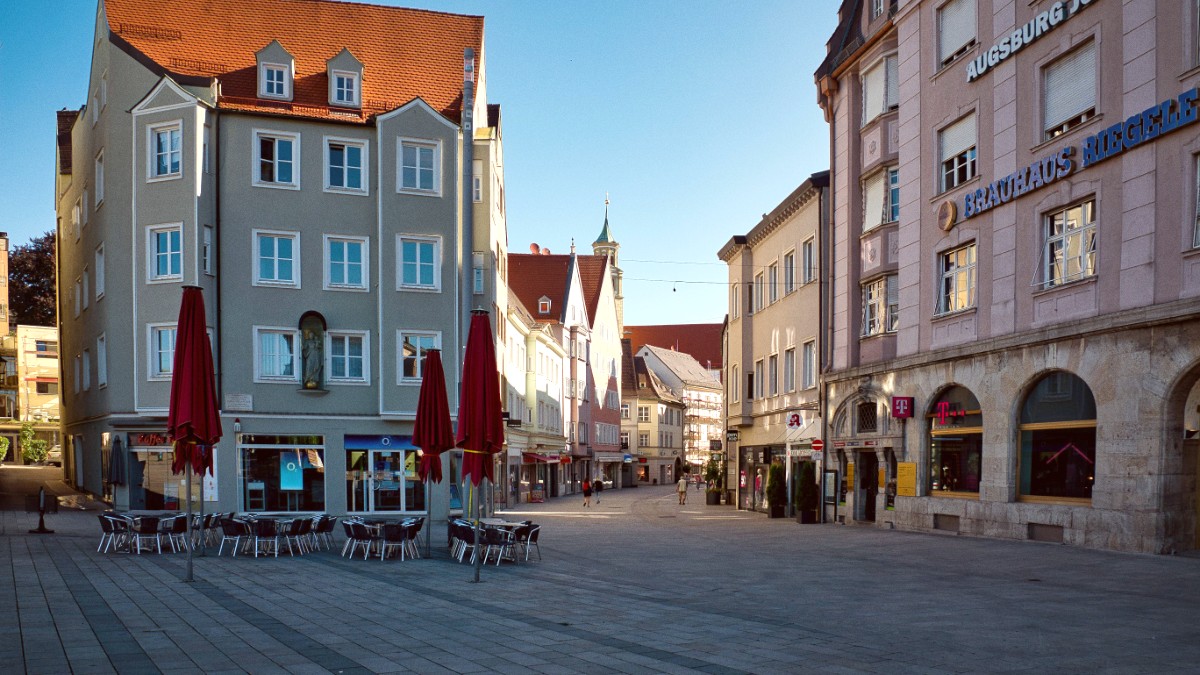
Bavaria, Germany
Citizens from countries without a visa-waiver agreement with the Schengen Area need a Schengen Visa for short stays (up to 90 days within any 180-day period). This visa covers tourism, business, or family visits. Apply for this visa at the German embassy or consulate in your home country before travel. The application process includes submitting forms, supporting documents, and an interview.
Citizens of countries like the United States, Canada, Australia, New Zealand, Japan, South Korea, and many South American nations do not need a visa for stays up to 90 days for tourism or business purposes within the Schengen Area. Starting in mid-2025, travelers from these visa-waiver countries will need an ETIAS (European Travel Information and Authorization System) authorization prior to travel. This is a pre-travel authorization, applied for online.
Consumer visa application services and direct visa/passport service websites can assist with your travel authorization needs.
Consider these resources for visa applications: IVisa (consumer service) and VisaHQ (direct service).
No general entry fees for tourists.
Standard immigration procedures apply upon arrival. Presentation of passport and questions about visit purpose.
Customs checks may occur for luggage.
Not generally required for tourism.
No special permits for typical tourist activities in Augsburg or Germany.
Extensive research or long-term employment requires different visa categories and permits.
No specific health requirements.
Routine vaccinations should be current for any international travel.
No particular vaccines are mandatory for entry.
The official currency in Germany is the Euro (€). ATMs (Geldautomat) are widely available. Most major credit cards are accepted in hotels, larger restaurants, and most retail shops. Smaller establishments, like bakeries and some traditional pubs, may prefer or only accept cash payments. Carry some cash for small purchases.
Tipping in Germany is customary but not obligatory. It shows appreciation for good service. In restaurants/cafes, round up the bill to a convenient amount or add 5-10% for good service. For taxis, round up to the nearest Euro or add 5-10% to the fare. Small tips for hotel bellhops or housekeepers are appreciated.
€50-€80 (hostel dorm, supermarket/street food, public transport, free attractions).
€100-€180 (mid-range hotel, casual restaurants, public transport, 1-2 paid attractions).
€250+ (4-5 star hotel, fine dining, taxis/private transfers, multiple paid attractions).
€25-€150+ per night.
€3-€60+ per person per meal.
Augsburg is a very safe city, a secure environment for travelers.
Seasonal allergies, common cold/flu, and minor stomach upset are possibilities. Tick-borne diseases are less of a concern in the city center but pose a risk in wooded areas. Sunburn or heatstroke occurs during summer.
Germany has an excellent healthcare system. Pharmacies (Apotheke) recognized by a green cross, offer over-the-counter medications and advice. For emergencies outside regular hours, look for "Notapotheke" (emergency pharmacy).
Have these numbers handy. Pan-European emergency number works throughout the EU, even with no credit or local SIM card.
Augsburg does not host its own major international airport. Travelers typically fly into one of the larger, well-connected airports in the surrounding region.
Munich Airport (MUC): Located approximately 85 kilometers (53 miles) east of Augsburg. Bavaria's main international hub. Offers a wide range of flights from across the globe and is the most convenient choice for international travelers. Lufthansa operates a major hub here, offering extensive global connections.
Memmingen Airport (FMM): Situated approximately 80 kilometers (50 miles) west of Augsburg. A smaller regional airport. Serves low-cost carriers like Ryanair and Wizz Air, with routes mainly to other European cities. This airport offers cheaper flight options for travelers within Europe.
Direct flights from North America, Asia, and other continents are readily available to Munich Airport (MUC). MUC is the preferred gateway for long-haul travelers.
MUC serves as a major international hub.
Fewer direct intercontinental flights to Stuttgart (STR) or Memmingen (FMM).
Flight prices are highest during peak summer months (June-August) and around major holidays. Shoulder seasons (spring and autumn) often bring better value for flights and fewer crowds.
Booking flights well in advance usually secures better rates.
Expect higher prices during peak travel times.
Munich Airport (MUC) provides extensive facilities: shops, restaurants, car rental agencies, currency exchange offices, lounges, and hotels. Stuttgart Airport (STR) also provides a good range of services. Memmingen Airport (FMM) has more basic services.
All major airports offer basic necessities.
Smaller airports have fewer amenities.
| Service | Type | Description |
|---|---|---|
| Dollar Flight Club | Flight Deals | Provides alerts for cheap flights to destinations worldwide. |
| Skyscanner | Flight Search Engine | Compares prices from various airlines and online travel agencies. |
| AirHelp | Compensation Service | Assists passengers with compensation claims for delayed or canceled flights. |